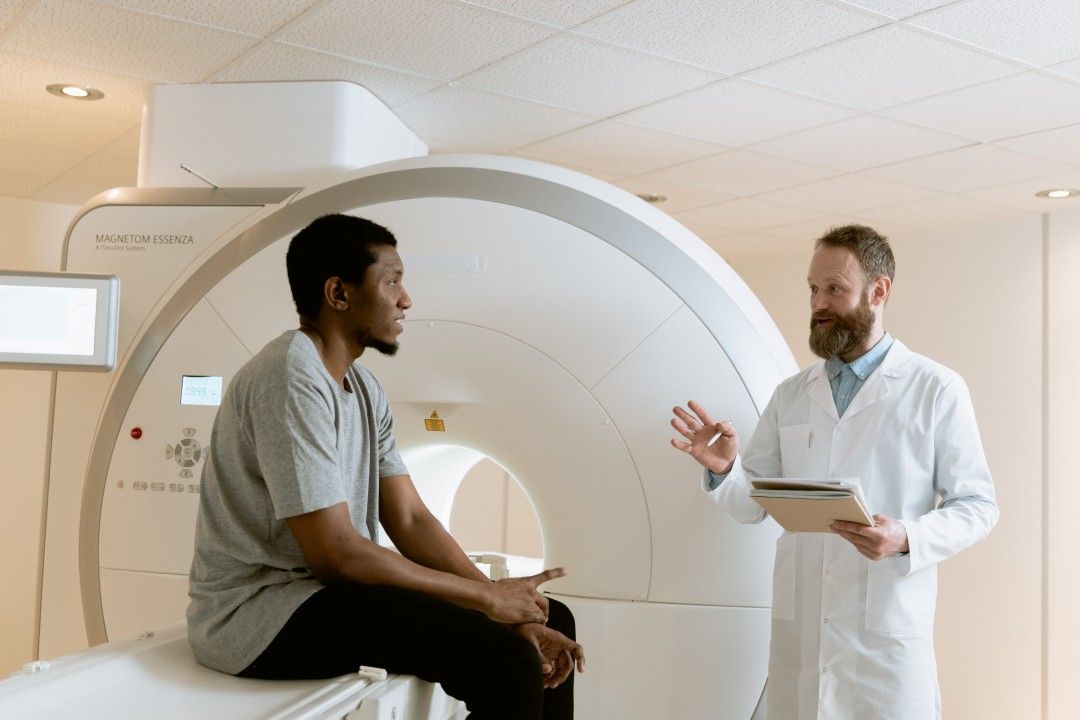Navigating the Complex Terrain of Healthcare Excellence: A Detailed Exploration
Pursing Excellence in Healthcare
Pursuing excellence in healthcare is a dynamic and multifaceted journey that transcends mere medical proficiency. It entails a comprehensive commitment to patient-centric care, safety, collaborative practices, technology integration, continuous professional development, patient empowerment, and community engagement. This article delves into the intricacies of these critical components that collectively contribute to achieving and sustaining excellence in healthcare.
Patient-Centered Care
At the core of healthcare excellence lies the philosophy of patient-centered care. This approach transcends the traditional provider-patient relationship by placing emphasis on effective communication, shared decision-making, and empathetic interactions. It establishes a foundation of trust, ensuring that medical decisions align harmoniously with individual patient needs, preferences, and values. The holistic view of patient well-being becomes paramount in fostering collaborative and mutually beneficial healthcare relationships.
Quality and Safety
The bedrock of healthcare excellence is rooted in delivering high-quality and safe patient care. This involves the implementation of robust quality assurance programs, the incorporation of evidence-based practices, and the enforcement of stringent safety protocols. The commitment to continuous monitoring, meticulous analysis of outcomes, and a culture that prioritizes learning from errors collectively contribute to creating an environment where patient safety is paramount.
Interdisciplinary Collaboration
In the intricate landscape of modern healthcare, the significance of seamless collaboration among diverse professionals cannot be overstated. Breaking down organizational silos and fostering interdisciplinary teamwork ensures a comprehensive and integrated approach to patient care. The synergy among physicians, nurses, therapists, and other allied health professionals elevates healthcare outcomes.
Utilization of Technology
The integration of cutting-edge technology is instrumental in achieving excellence in healthcare. Electronic Health Records (EHRs), telemedicine, artificial intelligence, and other innovations enhance communication, streamline operational processes, and improve diagnostic accuracy. The strategic deployment of technology contributes to heightened efficiency, reduced errors, and an enhanced overall patient experience.
Continuous Professional Development
Excellence in healthcare necessitates a commitment to continuous professional development among healthcare providers. Ongoing training, educational opportunities, and skill enhancement initiatives ensure that professionals remain at the forefront of the latest advancements. This, in turn, empowers them to deliver high-quality care in a rapidly evolving healthcare landscape.
Patient Education and Engagement
Patient empowerment through education is a pivotal element in pursuing healthcare excellence. Well-informed and engaged patients actively participate in their care, leading to improved health outcomes. The promotion of health literacy and the provision of tools for patients to manage their health contributes significantly to fostering a positive and collaborative patient experience.
Community Outreach and Prevention
Preventive care stands as a cornerstone of healthcare excellence. Proactive community outreach programs, health screenings, and education initiatives aim to prevent illnesses and promote overall well-being. By addressing the root causes of health issues and encouraging healthy lifestyles, healthcare organizations contribute to the sustained health of the community.
Sustaining Excellence
Achieving and sustaining excellence in healthcare requires a detailed and unwavering commitment to patient-centered care, quality and safety, interdisciplinary collaboration, technology integration, continuous professional development, patient education, and community engagement. By delving into the intricacies of these components, healthcare organizations can establish a robust culture of excellence that not only addresses illnesses but actively promotes overall well-being and positive experiences for both patients and healthcare providers. As the healthcare landscape continues to evolve, this dedication to excellence remains crucial in advancing the quality of care and improving the health of communities.


